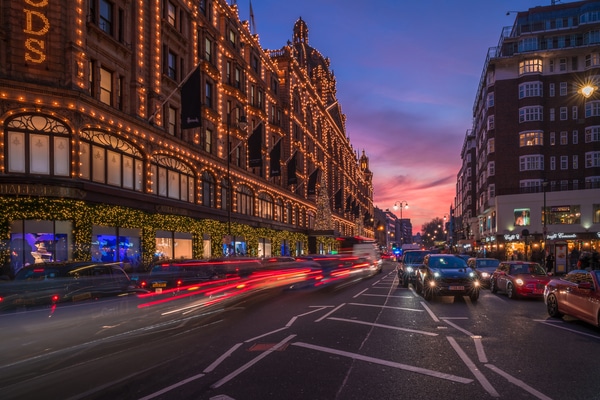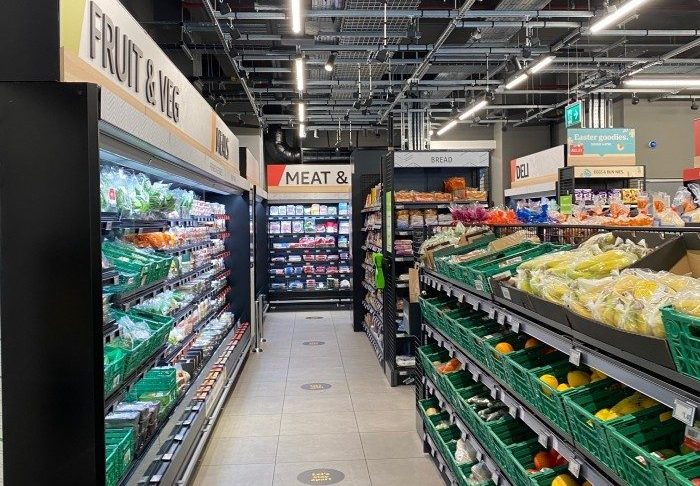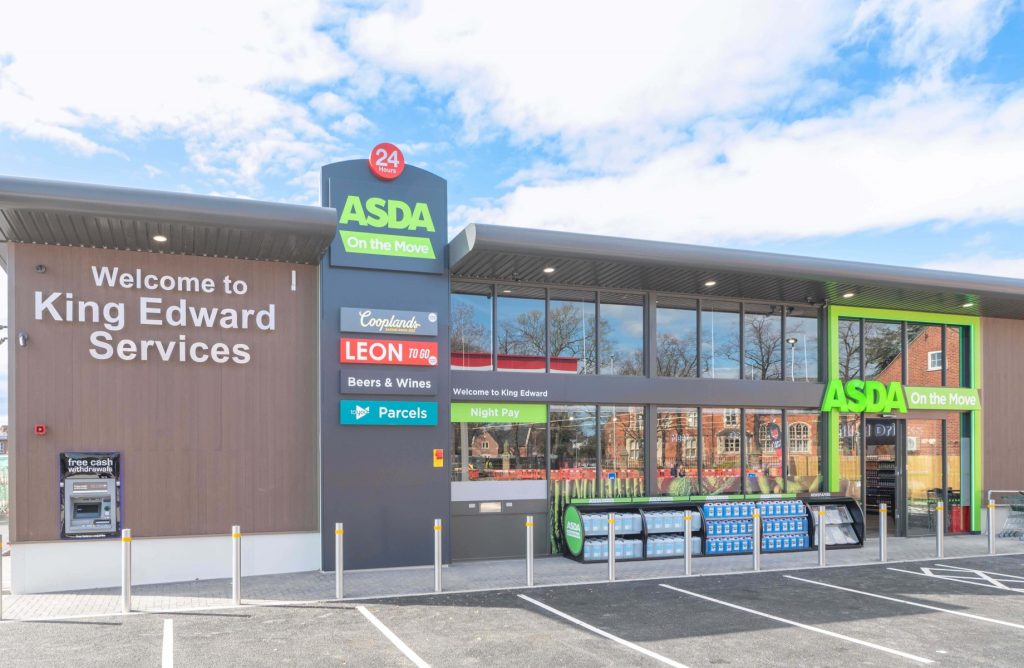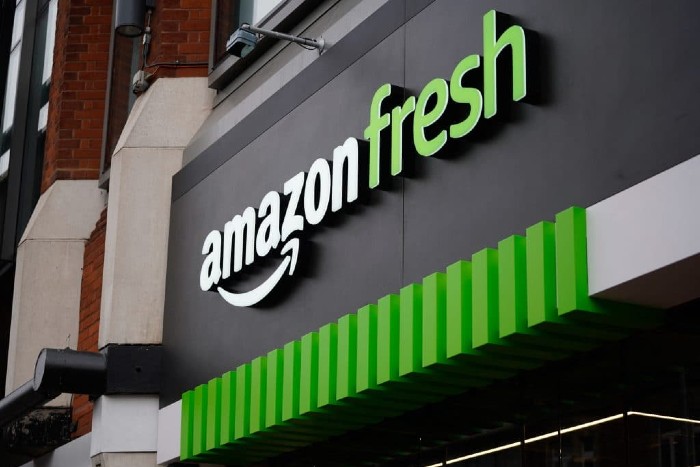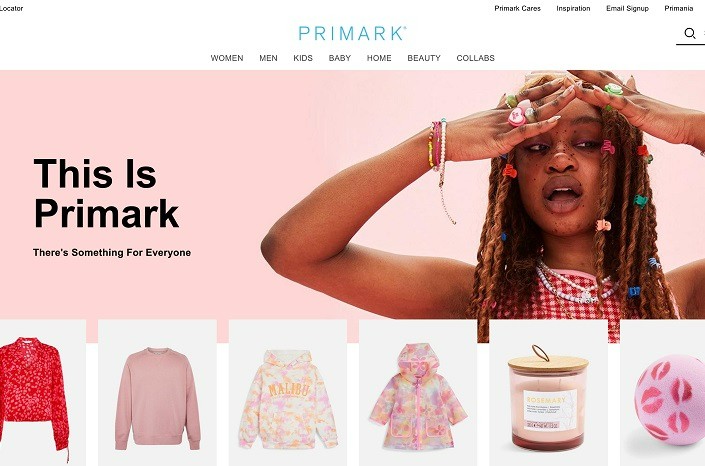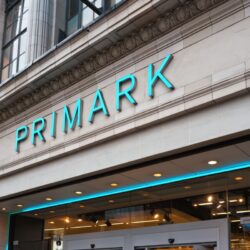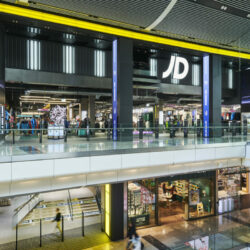When we think about premium brands, it can be all too easy to be drawn in by the flashing lights of the city. London, Paris and Milan are hotbeds of the high-end, and buzzwords of bespoke after all.
Yet in a world where individuality and localisation are taking increasing precedence over prestige, just how much value does the “London” label add to a brand? Can the simple addition of “London” really guarantee a surge in sales?
When we first launched Christopher Ward, we branded ourselves as “Christopher Ward London”. We incorporated London into our branding because we came up for the idea for Christopher Ward on a boat on the Thames.
We also felt adding London would give the brand a traditional look and feel and add prestige to our product – premium watches. After all, the Swiss watch industry may today be the most renowned in the world, but it was London in the 17th and 18th centuries that was the original home of horological advances and world leading clock-making.
We have since gone through two re-brands, and have dropped “London” from our branding entirely. While London no longer features in how we market our watches, incorporating it into our messaging early on is not a decision we regret. As a new business looking to make our way in the market, adding the weight of a global capital gave Christopher Ward watches, we believed, authority and credibility.
Any apprehension we may have had about carving out our own space in the sector was misplaced. The longer we have spent in the watch industry, it has become clear is that the best products always speak for themselves, and that you have to find your own distinctive identity rather than relying on attaching yourself to a city or a name.
What we have also learnt is that the location in which the product is manufactured or designed does not dictate the quality and viability of the product itself.
On the contrary, the best products often come to define their origin location. From Sheffield steel, to Champagne and Bordeaux, to Wensleydale cheese or Somerset cider, iconic products can come to influence our perceptions of a geographical area, not the other way around.
CLICK HERE FOR MORE COMMENT PIECES
We also removed London from our branding because we understood that consumers themselves are changing. The 21st century consumer is savvy, digitally engaged and enjoys a wider choice than ever before. The additional information available to these customers is making their knowledge of products ever more sophisticated. This means that those providing the best combination of quality and affordable prices are likely to usurp brands that rely solely on a name.
Younger consumers are also driven by a desire for individuality and originality, and crave a point of difference from their friends and colleagues. This can be an advantage for smaller enterprises and niche brands, giving them a chance of attracting new customers by actively not promoting themselves as part of a wider international city brand.
Companies have begun to take notice of this and some are exploiting it with fantastic success. A fine example if that of British sparkling wine, a sector viewed as something of a joke when it first came onto the market, but that is now flourishing and going toe to toe with the established champagne houses.
Particularly for British people, buying regional British products has a strong appeal. Once a business finds the best way to bring its offering to a local audience, the interest this generates inevitably instigates a rise in exports too. Regional businesses should never underestimate the appetite that consumers have to buy from them, as opposed to from a more faceless international company. Indeed a consumer is arguably far more likely to demonstrate loyalty to a more bespoke regional company than that with a forced international brand.
While using the London name can add prestige to a brand, as time elapses it feels unnecessary. The real challenge is to identify what makes your offering original or more desirable than your competitors and to harness this.
The product always speaks for itself – small and medium sized businesses simply need the confidence in themselves to allow it to do so. Find your niche, stick to it and you can‘t go far wrong.
Mike France is the Co-Founder of watchmaker and online retailer Christopher Ward
Click here to sign up to Retail Gazette‘s free daily email newsletter

